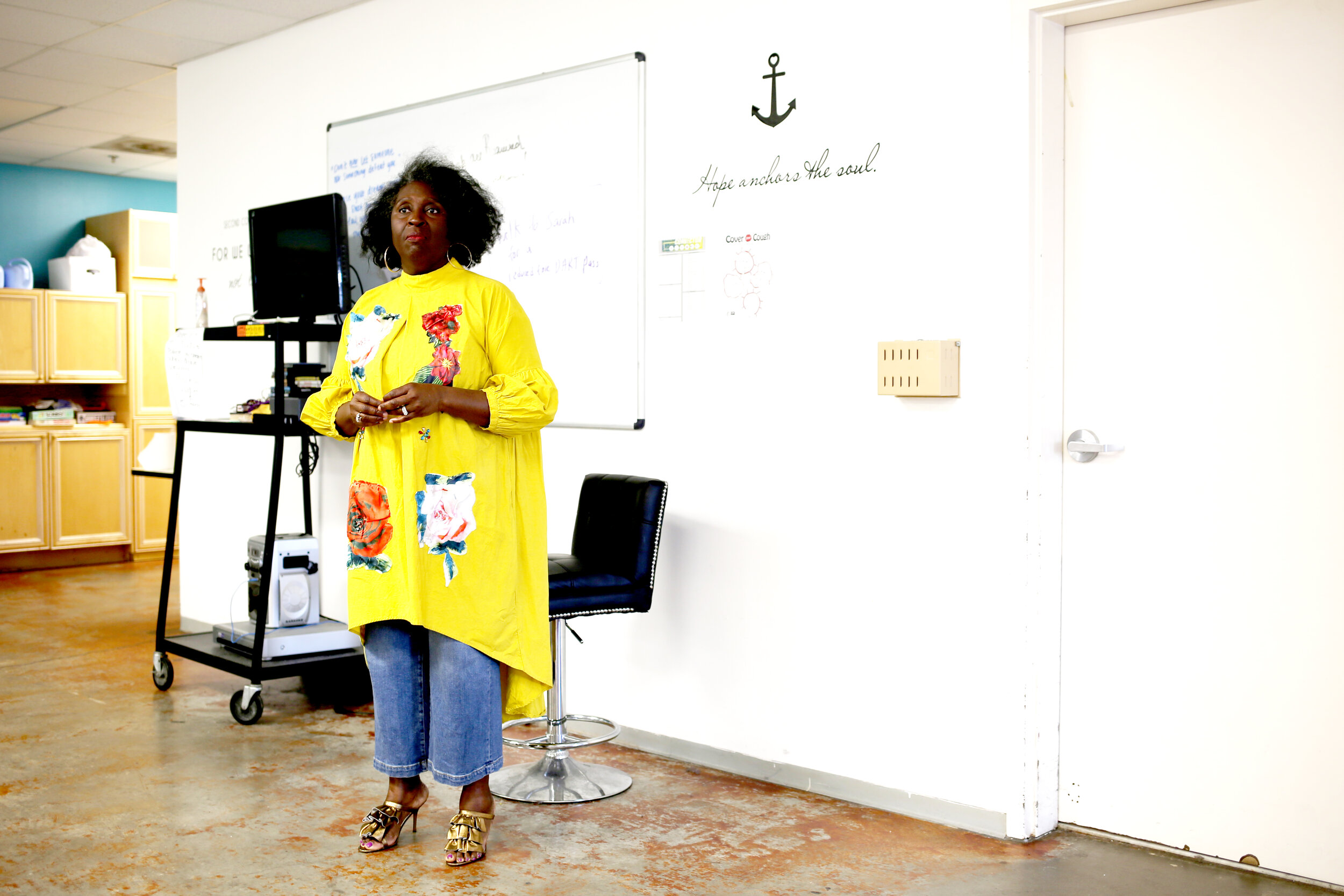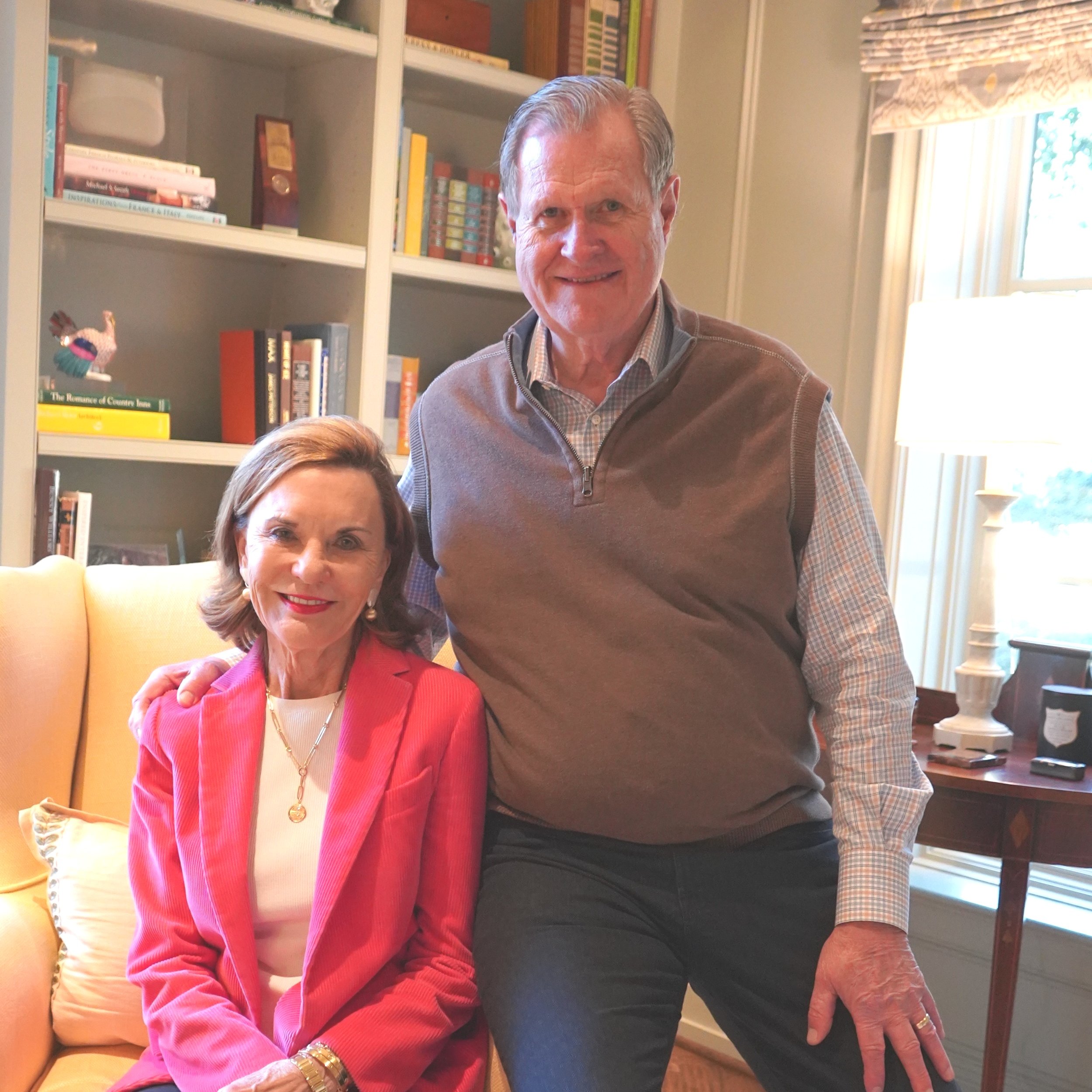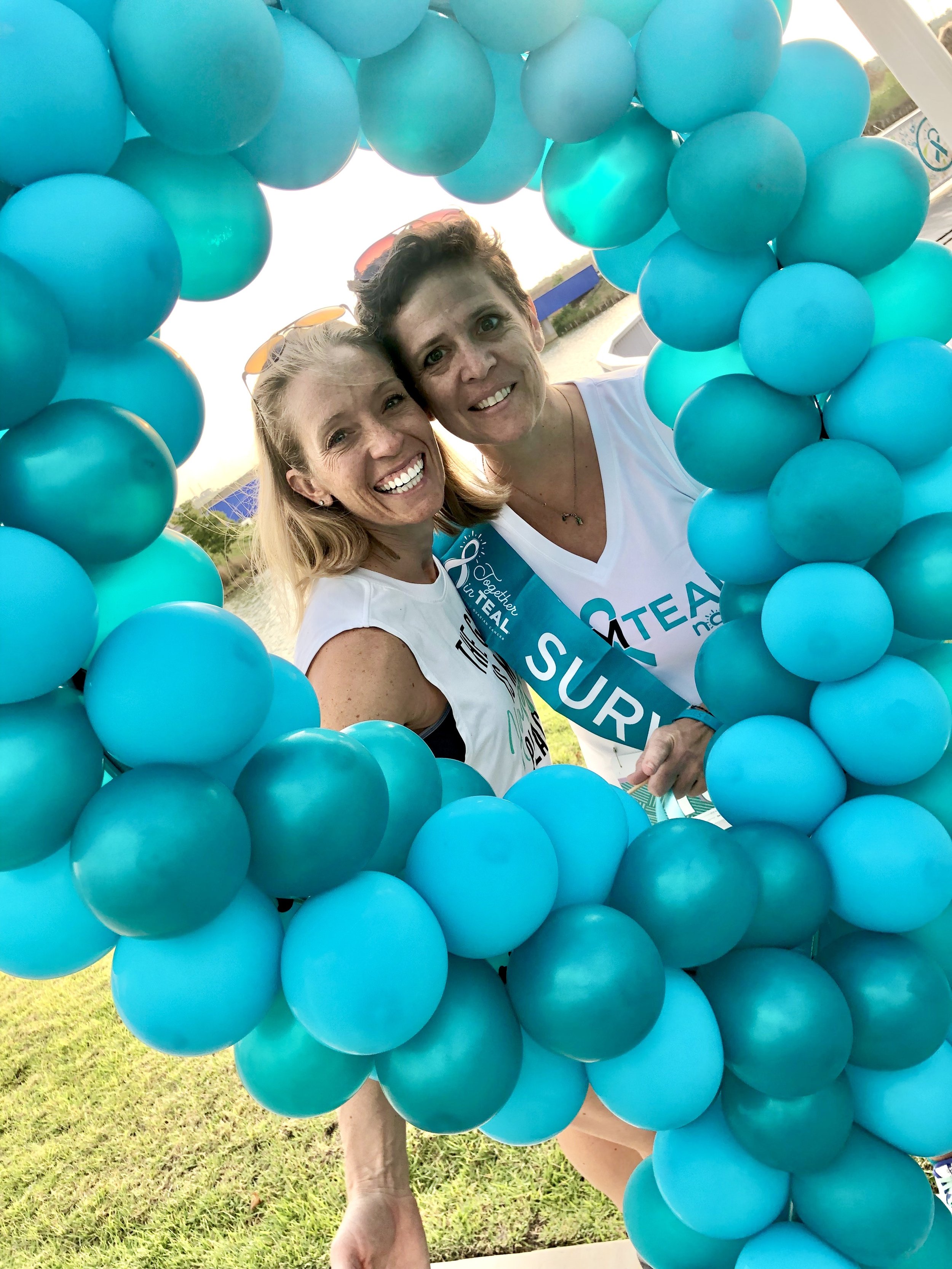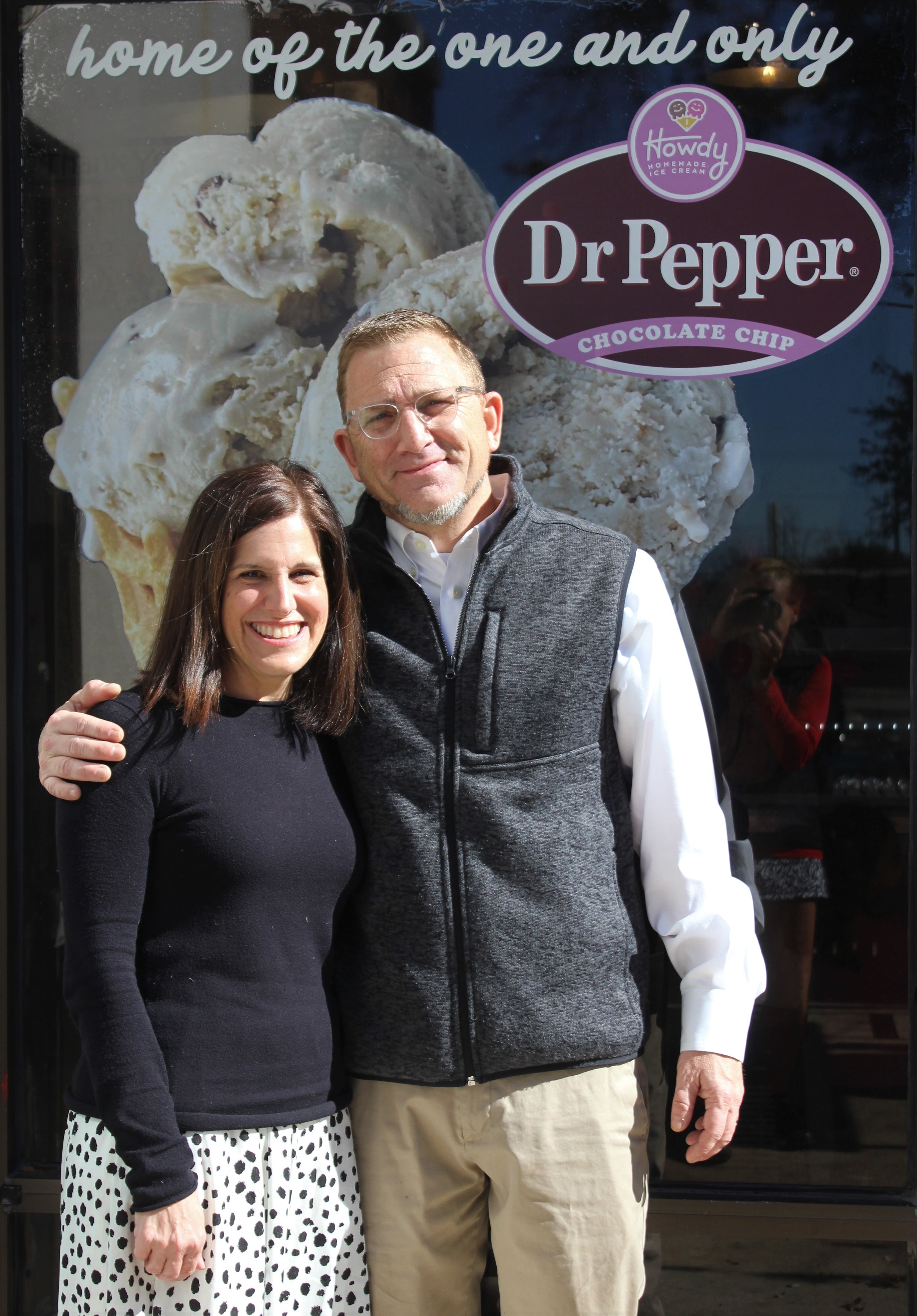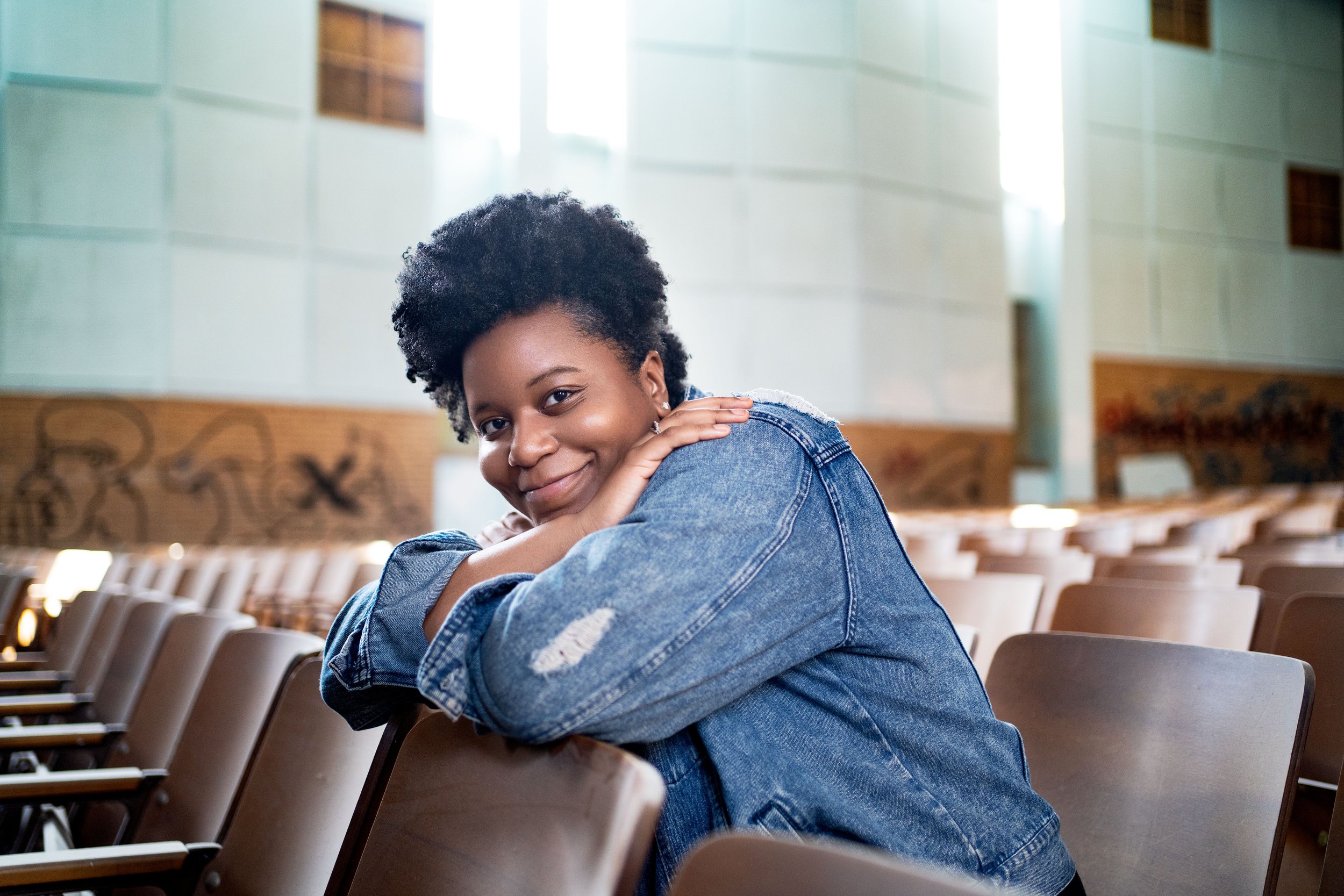June 26, 2020
Interview and Photos by Jan Osborn.
Thank you to Mr. and Mrs. Norm Bagwell for sponsoring this story and making good stories possible in North Texas.
Founded in 1983, Austin Street Center provides safe shelter and meets the basic needs of the most vulnerable homeless that serves men, ages 45 and older, and women, ages 18 and older. Each person who finds shelter with Austin Street Center is provided a safe place to sleep, showers, clothing, and meals. Felecia Burns is an ordained AME minister who previously volunteered to lead services in the Austin Street Center chapel. In May of 2017, Felecia became the full-time Chaplain at Austin Street Center and in March 2020, she became the director of the Center’s Sisterhood program, which takes a holistic approach to helping women get back on their feet.
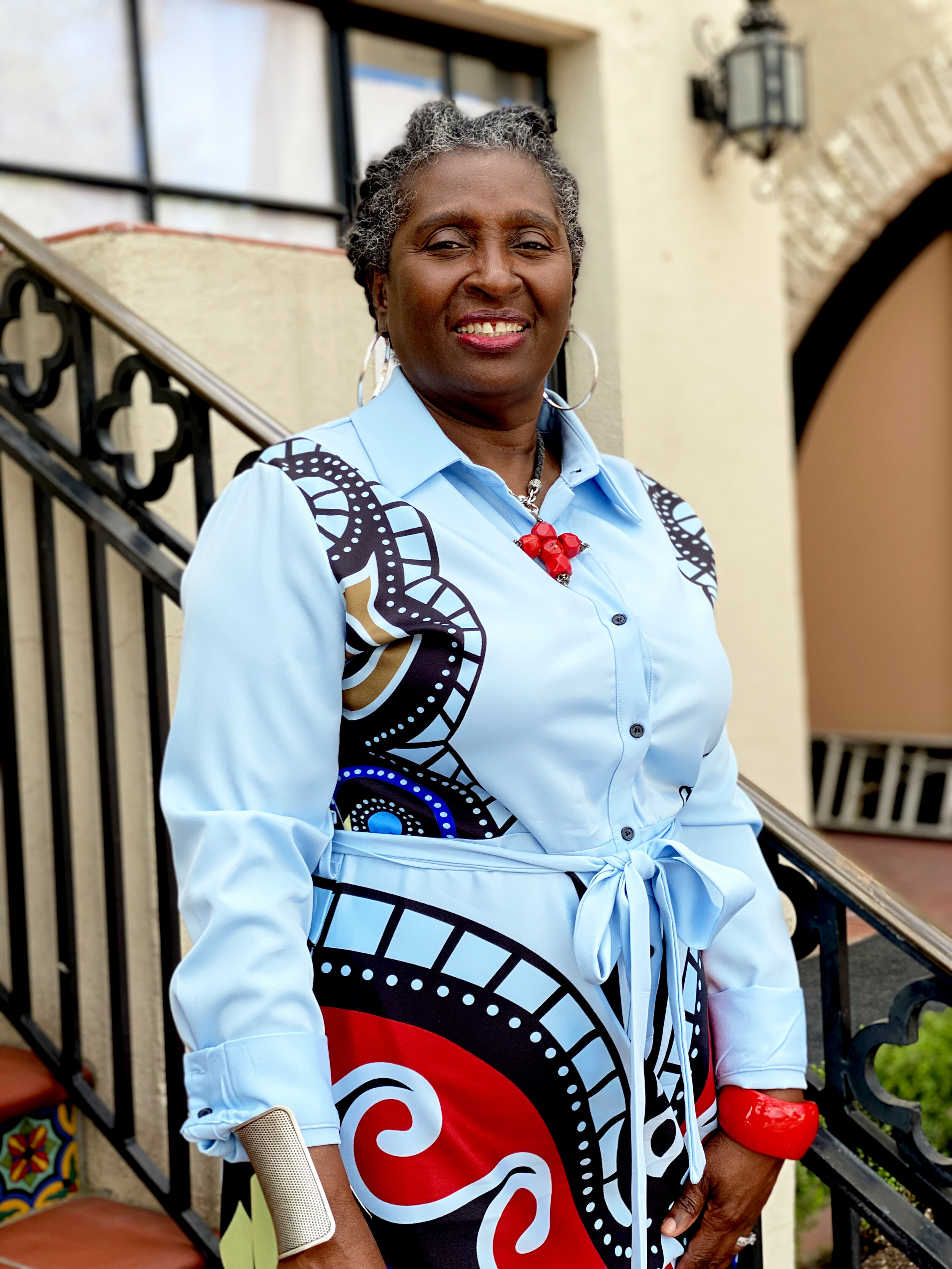
Felecia traces her work with marginalized women all the way back to the West Dallas projects. The family knew something was wrong at the house next door, “because we could hear it.” The man was an abuser. “I would tell my mom that he’s beating her again,” says Felecia, “And one day, my mom, a single woman with six kids, was fed up and went and knocked on their door. The man barely opened the door, with the chain still locked. My mother, who was about ‘five-foot nothing’ broke the chain of the door, and the woman and her three boys ran into our house.” The man followed them back to their house, but her mother slammed the door. “That was powerful,” says Felecia. Her mother told the kids, “He is not welcome in this house. When I go to work tomorrow, this lady and her kids don’t leave this house.”
Felecia’s brother had a Spanish-speaking friend who helped translate what the woman was saying, and they were able to get a number for her family. Her mother bought bus tickets for the woman and the three boys, and as they were leaving, her mother handed a note to the bus driver that said, “This person is supposed to be picked up by the following people and she is not supposed to get off the bus anywhere in between.” After she arrived at her destination, the woman wrote my mother the most wonderful, impressionable note thanking her for helping her family. That’s when I realized that I wanted to stand up for people who cannot stand up for themselves.” The woman didn’t speak the language and she was in a bad situation. But she had my mom who stepped in. To this day, I tell my mom that she was the first Genesis in Dallas.”
A Dallas native, Felecia grew up in the Fair Park area, “but in the black community, we called it Sunny South Dallas, where the sun always shines.” Felecia says that most of her childhood was spent in the West Dallas projects. In the 1960’s, her family moved to Oak Cliff with the man her mother was dating. He was a Vietnam veteran; he was also white. “We got a lot of stares because he was white and my mom was black,” Felecia says. “He stayed with us for several years and was the only father figure that I knew. I didn’t realize at that time how that would impact my life.”
The family later moved to the Camp Wisdom Redbird area, where they were one of the only African American families on their street, and Felecia was one of the only Black students at Umphrey Lee Elementary School. She graduated from David W. Carter High School in 1979 and, “because of my love for dance and the arts,” attended school at Tyler Junior College, where she was one of the only African American Apache Belles. She transferred to the University of Texas at Arlington where she was one semester away from graduating when she found out that she was pregnant. “I walked away from the degree because I felt that if I was going to be a mom that I needed to be totally engaged,” she says. She had been dating the baby’s father since the 10th grade, so they decided to get married. After the baby was born, she went to beauty school, became a licensed cosmetologist, and opened her own salon. “So I went to college for four years and had a great college experience, but I didn’t close the chapter. God had a different chapter for us,” Felecia says.
In 2001 Felecia was ordained as a deacon in her AME church, and in 2007 was given the role of an Elder minister. And it was in 2012 that Felecia became aware of the homelessness crisis in Dallas when she was preaching at Austin Street Center every third Sunday. “I would just go and preach and leave. I did that for three and a half years. Then the tents started going up under the bridge on the other side of the freeway where I live,” she explains. “I would stand on my front porch and look across 45 and see the tents.” Felecia called 311 every day to ask, “What are y’all going to do about these people? Why can’t the City of Dallas get the homeless people out of my neighborhood?” Felecia says she never thought that it could be some of the same people that she was preaching to at Austin Street Center. “I didn’t put two and two together. I just wanted to get them out of my neighborhood.”
One day David Schechter from Channel 8 was filming for Verify close by and Felecia told him she needed his help. As David began to interview her, “the strangest thing happened. I went from wanting them out of my neighborhood to wanting to fight for them. It was at that time that I believe God was showing me that it could have been me. How many times had we not been able to pay our rent and would have to move, only to be taken in by our aunt? All of the sudden, it was a reality.” As David Schechter finished the interview, he told her, “Felecia, your heart is changing right before our eyes.”
“God had just taken me full circle and made me realize that was me,” says Felecia. “I haven’t done drugs, but many of my family members or cousins had, so I’m used to it. I’ve lived it. I’ve survived it. I’ve dealt with mental illness and cousins all of my life, so that is my life. Why would I not fight for those in my neighborhood?” In a recent prayer service held at the Austin Street chapel, Felecia reminded the congregation, “In heaven there is no homelessness, and in heaven there is no poverty, and in heaven there is no suffering—a vision we can all support.”
Felecia became the director of Austin Street Center’s Sisterhood program in March of this year. Because many women leave the shelter each day and wait for it to open the following night, women are some of the most vulnerable people that Austin Street serves.“We decided to open the Sisterhood program to provide a milieu type therapy setting for women who have experienced significant trauma including physical or sexual victimization,” she says.
Sisterhood was designed to transform the lives of women who are experiencing homelessness and traumatic barriers, which include abuse, exploitation, substance abuse, and mental illness. Each woman enrolled in the program attends Sisterhood University, which offers a combination of groups and classes on topics ranging from trauma recovery to life skills and financial literacy. By addressing the deeper underlying causes of homelessness, Sisterhood aims to meet each woman’s individual needs and create an intentional community of support to strengthen and develop the woman’s intent to live a more fulfilled and independent life. “Austin Street does not just want to put a band-aid on homelessness,” says Felecia. “They want to minimize recidivism. That’s why we get to the underlying causes. Get them to counseling and get them to therapy.”
Felecia shared a story with us about a young woman who recently went through the program. The woman was coming up on one year at the center, but her status had remained unchanged She had made no headway on finding a job and moving out. “When looking through the database of her prior history, it was obvious that it was her first time homeless,” says Felecia. “ I wanted to hear about her life to try to get an understanding of what caused her homelessness.” When the woman finally opened up, she told Felecia she had been in an unhealthy relationship with a man in another country. While she spent time abroad, her mother had passed away, so when she returned home, there was no place to go. When Felecia asked her about her lack of ambition to look for employment, she admitted that she liked to smoke marijuana. Felecia told her that is okay. “I’m not saying marijuana is bad. But this is not California. And this is not Colorado. It is illegal in Texas. I need you to get yourself healthy, and I need you to find another way of coping.”
The young woman mentioned she liked the spiritual direction classes, so “with the beginning of sheltering in place, I thought it would be a good time to learn to calm herself without the use of marijuana.” Though they don’t monitor the women at the center for drug use, “I told her that she will be tested for a job interview and will need to pass the background check. If you get a job and you test positive, you will lose your job. You have to learn different skills to cope when a major atrocity happens in your life.” In less than three weeks the girl had a job. Three weeks after that, she was able to move out of the shelter. “All of this time she had done absolutely nothing. Because she felt like no one cared, why should she care? I asked her what made her think I cared? And she told me, ‘you took the time with me.’”
Though the pandemic has decreased the frequency of new intakes, Sisterhood has housed 15 women from March 1 to May 31 and has helped 11 women find employment. Three of the employed women have received wage increases. The community can best support the Sisterhood program by donating both financially and in kind toiletries and new home starter kits. For more information and to donate to Austin Street Center Sisterhood Program, visit their website at austinstreet.org/the-sisterhood.
More Good Stories
Featured
When Kathy and Larry Helm heard about The Senior Source’s 60th Birthday Diamond Dance-Off, they knew they had to put on their dancing shoes! For the Helms, this event combined two of their passions into one. Celebrating and supporting The Senior Source, a Dallas-area nonprofit that has been serving older adults for 60 years, and dancing together, which they have been doing since they were high school sweethearts. Both Kathy and Larry have chaired the board of directors of The Senior Source and have been proud supporters since 1998. It seemed only fitting they should be voted into the finals to dance on stage at Klyde Warren Park this past summer.
In 2020, more than 912,000 women were diagnosed with some form of cancer in the United States alone. During that same pandemic year, countless medical appointments were canceled while people were social distancing, and yet still each day nearly 2,500 women heard the news, “you have cancer.” There is no doubt that these words can be crushing to hear, but what’s equally crushing is the lack of tangible, encouraging support that exists to help women feel beautiful, strong or “normal” before, during and after cancer treatment.
When Tom Landis opened the doors to Howdy Homemade in 2015, he didn’t have a business plan. He had a people plan. And by creating a space where teens and adults with disabilities can find meaningful employment, he is impacting lives throughout our community and challenging business leaders to become more inclusive in their hiring practices.
Have you ever met someone with great energy and just inspired you to be a better you? Nitashia Johnson is a creator who believes by showing the love and beauty in the world it will be contagious and make an impact. She is an encourager and knows what “never give up” means. Nitashia is a multimedia artist who works in photography, video, visual arts and graphic design. Her spirit for art and teaching is abundant and the city of Dallas is fortunate to have her in the community.

